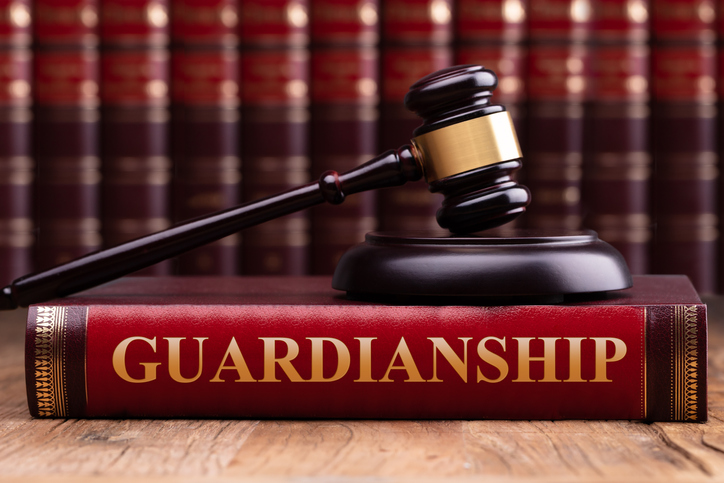Guardianships for an Incapacitated Person

Guardianship is a legal agreement between the guardian, who must be a competent adult, and the ward, who is an incapacitated person. Depending on the assignment by the court, a guardian can make decisions on healthcare choices, financial issues, and legal issues. Guardianship is a serious step to take because it strips rights from the individual and hands them to the guardian.
In order to be designated a guardian, in most cases, a family member must petition the court to determine that the person is incapable of attending to their affairs due to a disability, or lack of capacity. The guardian is the person the court appoints to oversee the disabled person’s affairs, and, to that point, the person who makes decisions for them. In Florida, there are two kinds of guardianships for adults designated by state statute: Guardianship of an Adult and Guardian Advocacy.
How much power a guardian has over making decisions usually depends on what the ward has capacity for. For instance, if the ward is capable of making medical decisions, but not financial decisions, the guardian will only oversee financial decisions. The guardian can only act on the rights that have been removed from the ward by the court.
Before a guardianship is granted, there’s a process through the court in which the ward’s level of incapacitation is determined. It’s important to note that a person cannot be deemed incompetent just because they’re making poor decisions. The person in question has to have a demonstrated lack of capacity for making decisions. Spending money in foolish ways may not make a person incapacitated. Being developmentally disabled or having a mental illness does not automatically make a person incapacitated either. This assessment must be carefully considered because taking a person’s rights away should not be taken lightly.
The process of gaining guardianship of an adult can be complicated and expensive to navigate. The court will appoint a three-person committee made up of medical professionals to examine the person in question.
The guardian advocacy program offers an easier, as well as less expensive, route to becoming a legal guardian. This program is designed specifically for people with developmental disabilities. As such, it only requires a caretaker to petition the court to become a guardian, as opposed to also petitioning the court to determine the level of disability.
The first step in a guardianship for an incapacitated person is to obtain an attorney familiar with becoming guardianship petitions. Florida requires those petitioning the court for guardianship to obtain an attorney. The court will appoint an attorney to represent the incapacitated adult once the petition is filed. That attorney will meet with you to determine whether a guardian advocacy is warranted, and whether you should be appointed as the guardian advocate.
In some cases, you may be able to anticipate that you or a loved one will lose capacity. The function of a guardian can be met with other tools like a Power of Attorney or healthcare surrogate. Pre-planning can allow a person who loses capacity to make choices in advance about who will handle their affairs and how they will do so.
If you find yourself in this situation, consulting with an experienced attorney familiar with how the process works can help guide you through it. Contact The Mattar Firm at 239-222-2222.
